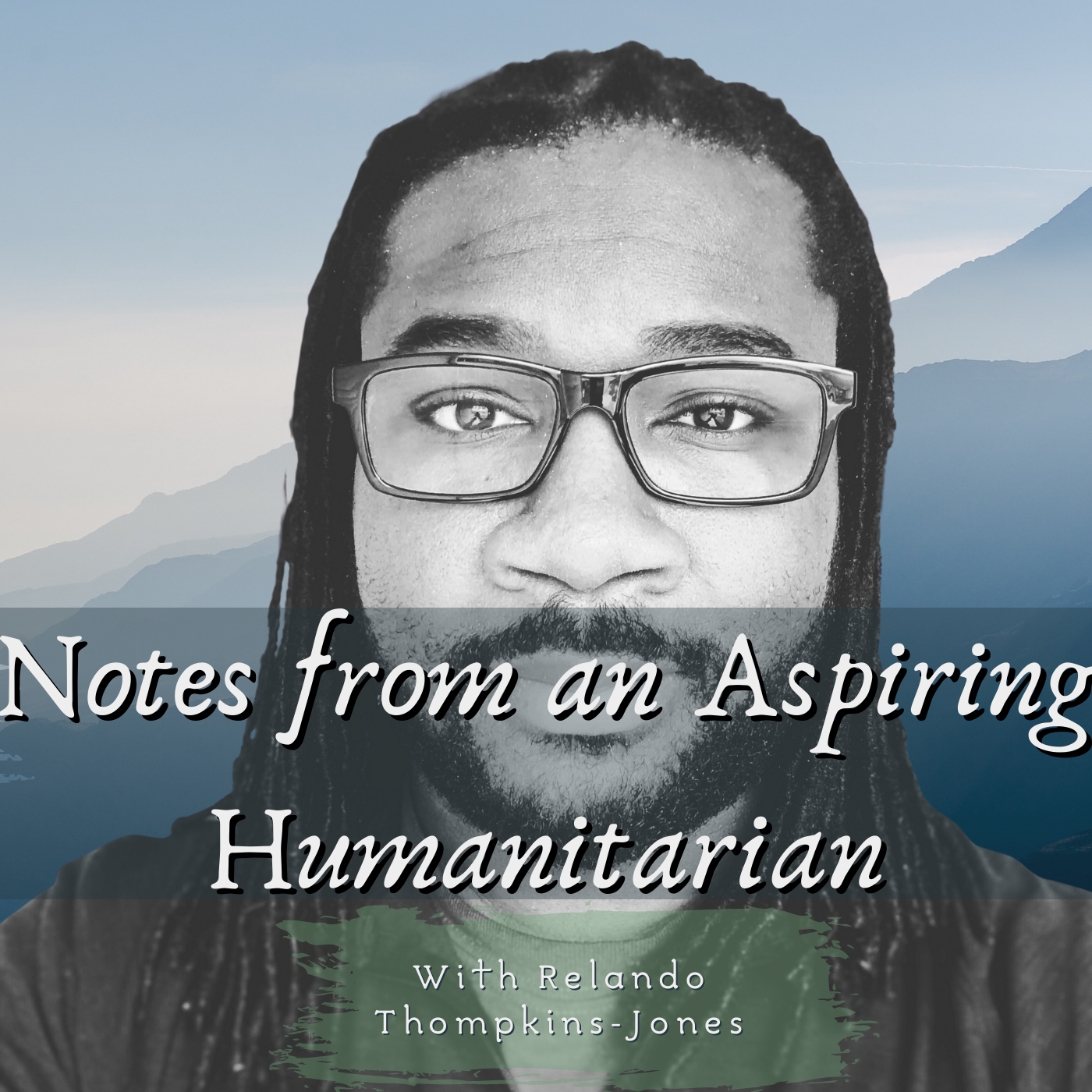The Consciousness Gap in Education: An Equity Imperative
“One of the things that I think prevents us from closing what are actually access and opportunity gaps, is our inability to name issues of power as fundamental to the racial and cultural divide in this country.”
In this talk, Dr. Dorinda Carter Andrews talks about the importance of educators increasing their own critical self-reflection. Some key questions:
How does my own social location shape my mindset about teaching and learning?
What else is there that I need to know around culture, power and difference?
How can I be a more critically conscious leader?
“Educators have to be able to say that “I work in a system that is inherently unequal.”“
In some ways, her talk reminds me of Professor Vivian Chávez’s documentary on cultural humility, that defines it in 3 levels: lifelong learning and critical self-reflection, recognizing and challenging power imbalances for respectful partnerships, and institutional accountability.
What actions are you taking to become more critically conscious?
From Aspiring Humanitarian, Relando Thompkins-Jones














